Dear Americans: Please Don’t Say These 10 Things When Traveling Abroad
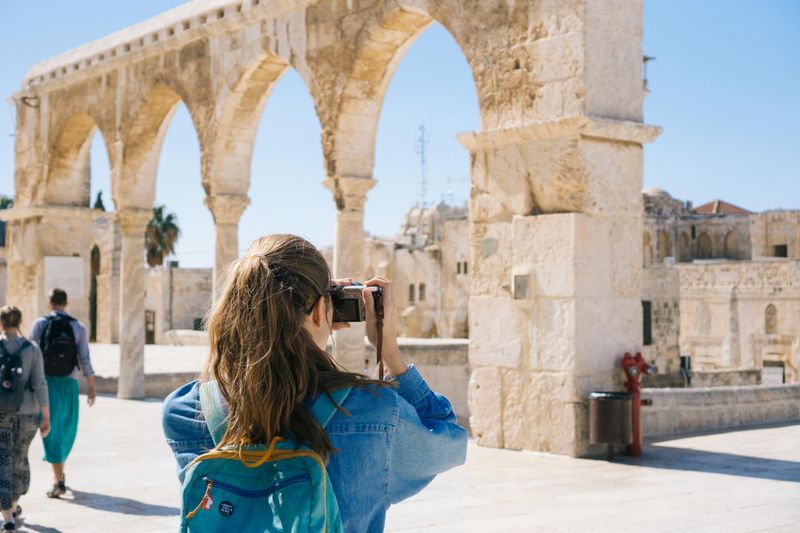
Traveling abroad is one of the most exciting things you can do—but let’s be real, Americans don’t exactly have the best reputation when it comes to cultural sensitivity. Sometimes it’s not what you do, but what you say that can rub locals the wrong way. A few careless words can make you sound arrogant, clueless, or just plain rude without you even realizing it.
1. “Do you speak English?”

There’s nothing wrong with asking for help in English, but the delivery makes all the difference. Barking this phrase at someone can come across as impatient or dismissive of their language.
A better approach is to start with a simple greeting in the local tongue. Even if you butcher the pronunciation, most people will appreciate the effort before you ask if they speak English.
You’ll usually find that many locals do know some English, but they’re far more willing to help if you approach them politely. Think of it as a cultural handshake—you show respect first, and they’re more likely to meet you halfway.
2. “In America, we do it this way…”

Comparisons might feel natural, but this phrase drips with arrogance. Locals don’t want a lecture on how the U.S. does things “better,” especially in their own country.
Even if your intention is harmless, constantly pointing out differences can make people feel like their culture is being judged or ranked. Nobody wants to hear that their way of doing things is “wrong.”
Instead, embrace the chance to try something new. You might discover that other methods—whether it’s eating habits, transportation systems, or customer service—actually make more sense. And if not? At least you’ll have a good story without offending your hosts.
3. “This is weird/strange.”
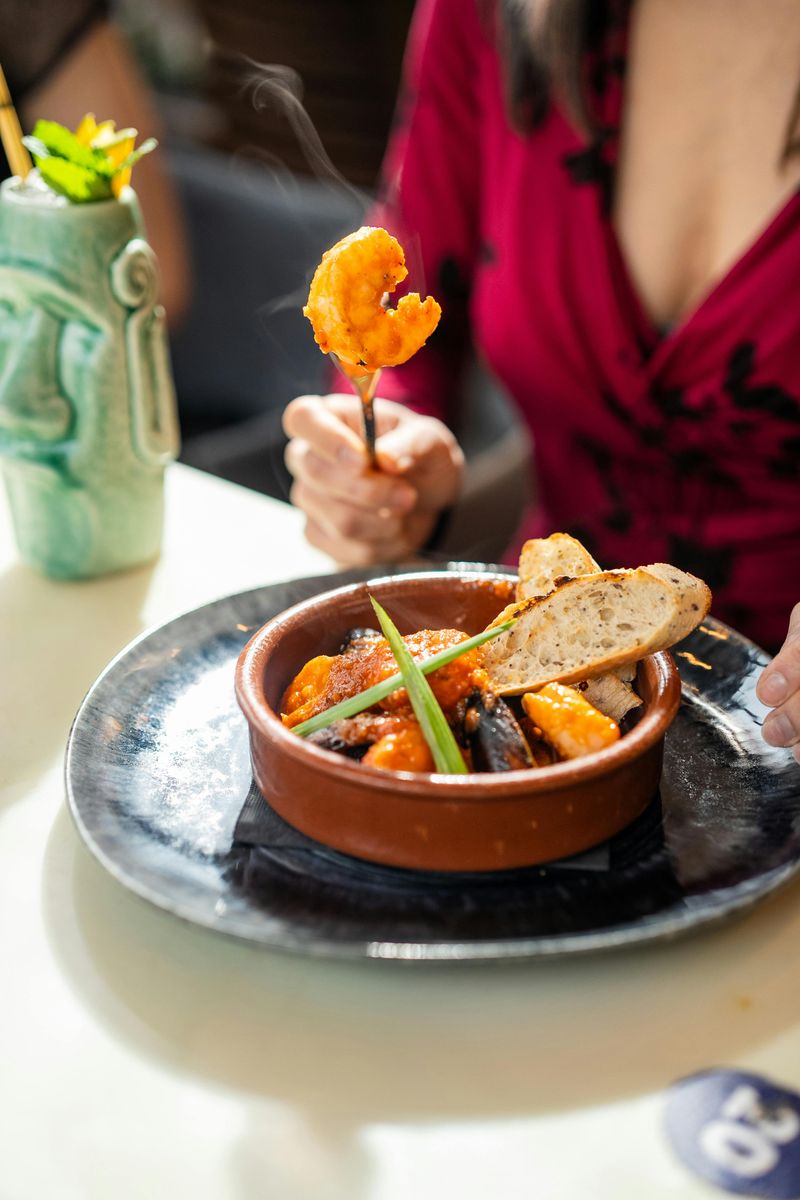
What feels unusual to you may be perfectly normal to someone else. Using words like “weird” can sound like you’re mocking traditions or everyday life.
Travel is supposed to challenge your comfort zone. Different foods, customs, or even bathroom setups are part of the adventure. Labeling them as “strange” just makes you seem ungrateful.
Try shifting your perspective by saying, “This is new for me,” or “This is interesting.” Those phrases keep the curiosity without the judgment. You’ll look more open-minded, and honestly, it makes the whole trip way more fun.
4. “That’s not how we do it back home.”

Few things shut down cultural exchange faster than this statement. It suggests that your way is the standard and anything else is second-rate.
Travel isn’t about recreating your life in a different country—it’s about experiencing how other people live. Even if the methods feel inefficient or unusual, they exist for a reason rooted in history or practicality.
You don’t have to love everything, but voicing this complaint out loud only makes you look rigid and close-minded. Save it for your travel journal, not the dinner table.
5. “Everything is so cheap here!”

Bargain-hunting Americans love pointing out prices, but shouting this line is both tacky and condescending. What’s “cheap” to you might represent hours of work to someone else.
It can also make locals feel like their country is being undervalued. Imagine someone visiting your hometown and loudly exclaiming how little your favorite restaurant costs—it doesn’t exactly scream respect.
A better move? Quietly enjoy the deal and maybe tip a little extra if appropriate. Appreciating affordability is fine, but bragging about it makes you look like a tourist stereotype.
6. “I can’t believe people live like this.”
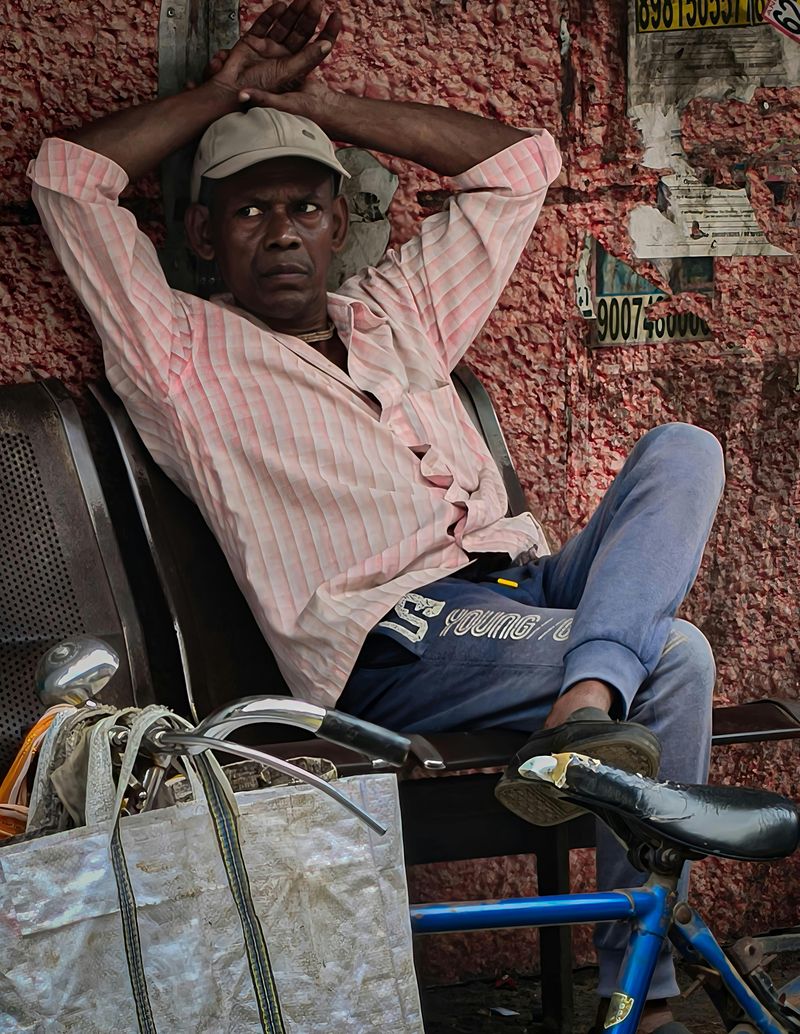
This phrase often slips out in moments of culture shock, but it carries a heavy insult. It frames someone’s everyday life as pitiable or substandard.
What seems shocking to you might simply be the norm somewhere else, whether it’s smaller living spaces, open-air markets, or different sanitation systems. Reducing it to disbelief strips dignity from the people who call that place home.
If you’re truly uncomfortable, keep it to yourself. Otherwise, try to understand why things are the way they are. Travel isn’t about judging—it’s about seeing the world through someone else’s eyes.
7. “I’ll just pay with dollars.”

Not every country accepts U.S. dollars, and insisting on it can come off as entitled. Even in places where dollars are welcome, it’s usually less convenient for locals.
Carrying local currency shows that you respect the country enough to use its system. Plus, you’ll often get better prices without the conversion hassle.
Most importantly, refusing to adapt makes you look like you expect the world to revolve around America. A little preparation—like exchanging cash before you go—signals cultural awareness and prevents awkward moments at the checkout counter.
8. “Your country is so dangerous.”
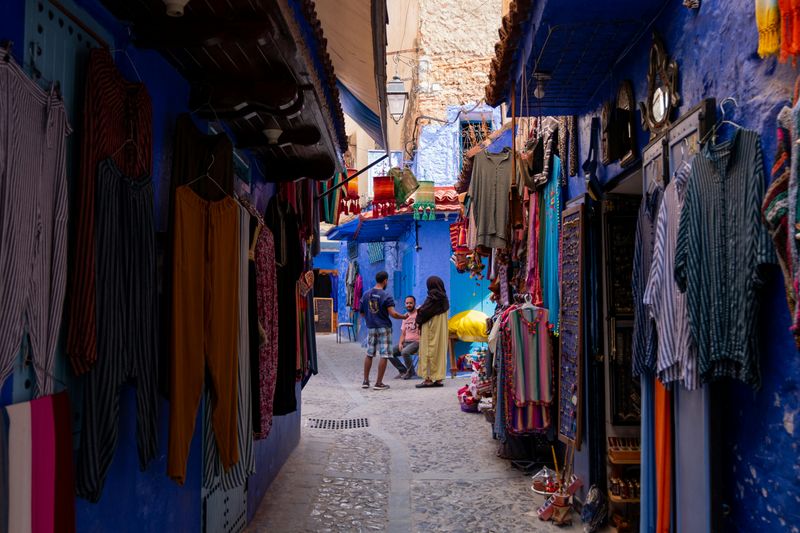
Safety concerns are valid, but telling locals their home is unsafe is like insulting their family. It oversimplifies a complex place into a scary stereotype.
Often, what’s reported in U.S. media doesn’t reflect the day-to-day reality. Locals may feel offended that their vibrant communities are reduced to headlines.
If you’re nervous, keep it to yourself and quietly take precautions. Better yet, ask locals for tips on staying safe—they’ll usually give you honest advice. That way, you acknowledge the risks without insulting the entire nation.
9. “Can’t you hurry up?”
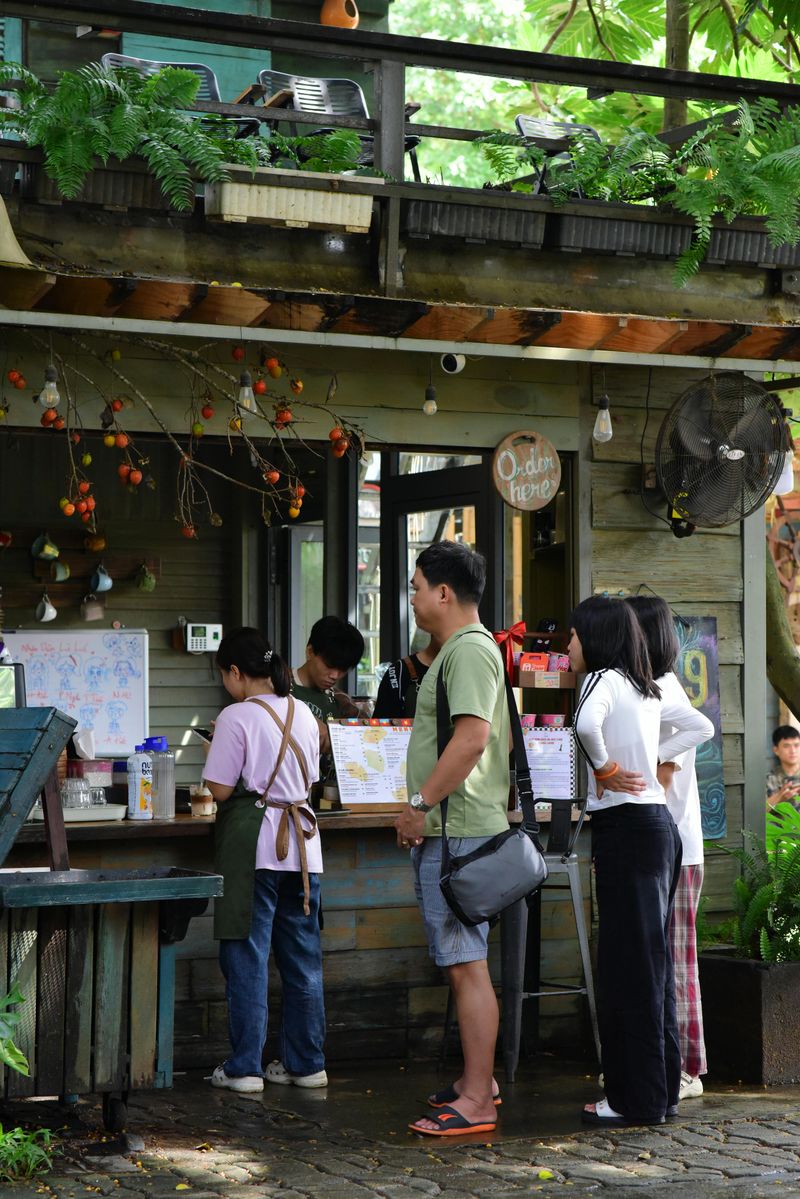
Americans are used to fast service, but not every culture prioritizes speed. Complaining about the pace makes you seem impatient and rude.
In many countries, meals are meant to be savored, and transactions take time because relationships matter more than efficiency. What feels like “slow” to you might actually be intentional.
Instead of rushing, embrace the different rhythm. Consider it a chance to slow down, relax, and absorb your surroundings. After all, isn’t that why you traveled in the first place?
10. “This isn’t real [insert cuisine].”
![“This isn’t real [insert cuisine].”](https://frumvintxhwwdlxdneim.supabase.co/storage/v1/object/public/article_images/c489a9b1-be8e-4673-a310-4dcbabc4b70d/aAdEjdeDp9OiG6y8.jpeg)
Food is deeply tied to national pride, so telling someone their dish isn’t “authentic” is a recipe for offense.
Keep in mind that cuisine evolves differently across regions and families. The pizza in Naples won’t taste like the pizza in New York—and that’s the beauty of it. Declaring what’s “real” just exposes your narrow experience.
A better approach is to appreciate each version for what it is. You’ll get more enjoyment out of the food, and locals will be far more likely to welcome you at their table.

Comments
Loading…